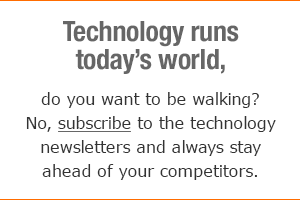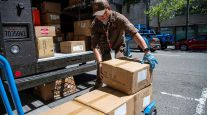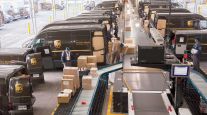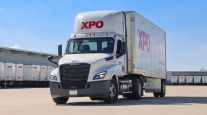UPS Seeks Driver ‘Flexibility’ in Contract Talks With Teamsters

Contract negotiations between UPS Inc. and the Teamsters Union began in January with the union and the package delivery firm taking a measured approach to reaching a deal before the July 31 deadline.
However, the union did take a shot across the bow of UPS, releasing its initial demands that included a ban on the use of drones and autonomous vehicles to deliver packages, the addition of 10,000 workers and the end of late-night deliveries.
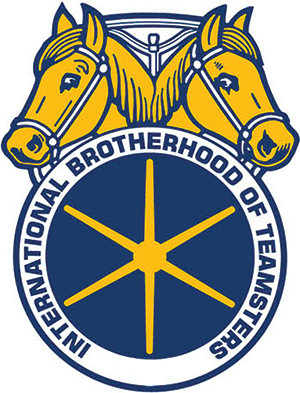
The demands were included as part of a rewrite of the 83-page, five-year contract the two sides signed in 2013. The rewrite included strike-throughs of sections to be deleted and additions in bold.
The Teamsters represent about 260,000 UPS employees in its package and freight divisions, making it the largest employer in the union. In 2016, UPS had 434,000 employees and reported revenues of $60.9 billion and net income of $3.4 billion. UPS ranks No. 1 on Transport Topics Top 100 list of largest for-hire carriers in North America.
Both the Teamsters and UPS declined to comment on the negotiations. UPS released a statement highlighting its desire for flexibility in the contract to help it better compete with traditional rivals like FedEx Corp., and growing threats from the likes of Amazon.com.
The statement read, “UPS will negotiate in an environment of mutual respect and looks forward to rewarding employees for their contribution to our success. We are focused on a contract that provides the flexibility needed to remain a highly competitive provider of reliable service, given the challenge of an increasingly crowded logistics segment. We look forward to working together with union negotiators on our shared obligation to position UPS for success in the future.”
The union and UPS battled in December when the company told drivers they would be expected to work 70 hours over eight days during the peak holiday season. Teamsters General President Jim Hoffa said UPS had failed to hire enough workers to handle the estimated 750 million packages it would deliver from Thanksgiving through Christmas.
Package delivery firms face a capacity challenge as consumers increasingly buy more goods online, with the U.S. Census reporting e-commerce growing nine times faster than traditional in-store sales.
E-commerce giant Amazon is doing more of its own deliveries. It launched in October in 37 cities its Key service that, with the consumer’s permission, allows an Amazon Logistics driver to open the recipient’s door to leave packages. Amazon also is expanding a trial program where it provides handling and delivery services for third-party merchants that sell through its pages, and its Flex program uses independent contractors to make deliveries from Amazon shipping hubs.
The union’s desire to ban drones and autonomous vehicles not only addresses a threat to driver job security but also strikes a blow at UPS and its search for new delivery technology.
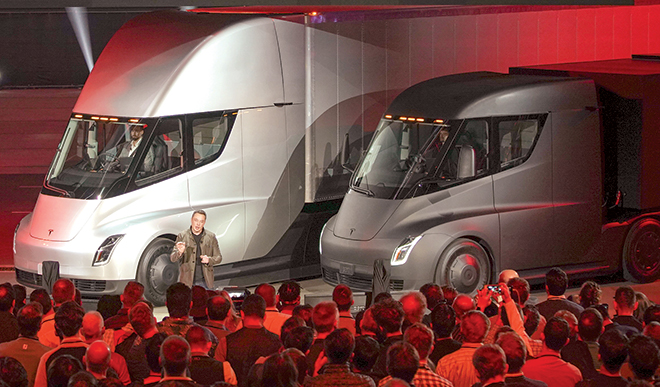
UPS ordered 125 of Tesla's new electric Class 8 truck. The Teamsters object to the company's possible use of autonomous vehicles to deliver packages. (Tesla)
Last February UPS tested in Florida drone delivery from a truck to private homes, saying the technology would be useful in rural areas. It has also been testing since 2015 delivery via electric-powered tricycles in select urban neighborhoods. The trikes are driven by non-union drivers and are more nimble in tight settings than the company’s classic delivery vans.
UPS is also looking into autonomous vehicles. It recently released a brief on new driving technology called “Routes to the Future: How We’ll Get Around.” In the brief, UPS predicts that “self-driving vehicles will transform the way businesses and services connect with their customers and users. Industrial distribution is already being transformed by big data, and self-driving vehicles will boost efficiency even more. Modular, self-driving vehicles can adapt to different uses, reducing operating and ownership costs and improving delivery schedules.”
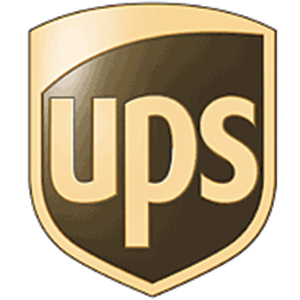
In December, UPS ordered 125 of Tesla’s Class 8 electric truck, which requires human drivers but features driver-assist technology like active steering, automatic lane keeping and automated emergency braking.
The Teamsters also are renegotiating a contract for the union’s 8,000 members that work for ABF Freight Systems, the largest division of ArcBest Corp. A second round of discussions began Jan. 29 on the contract that ends on March 31. ArcBest ranks No. 12 on the Transport Topics Top 100 list of the largest North American for-hire carriers.


